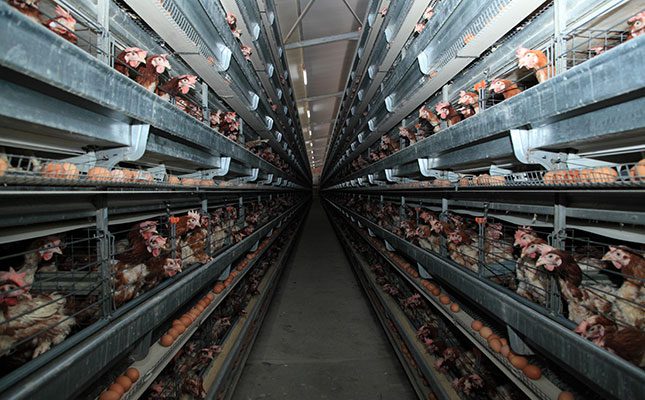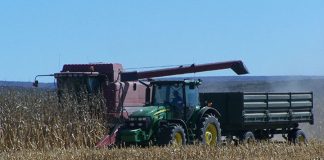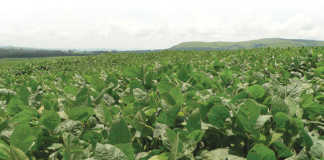
Dr Abongile Balarane, general manager of the Layer Organisation of SA Poultry, told Farmer’s Weekly that initial cases of the H5N1 strain of HPAI occurred among layers in the Western Cape in April. This strain is the same as the one currently affecting the majority of other countries in the world.
In June, however, a new strain, identified as H7N6, broke out in the Delmas region in Mpumalanga, and has since spread throughout Mpumalanga, Gauteng and the Free State.
Balarane said more than 25 outbreaks had so far been recorded, resulting in the death of more than four million chickens: “The South African industry lost roughly three million chickens during the previous years’ outbreaks, making this the worst we have experienced so far. Losses to the layer industry, which has a gross domestic value of R11,5 billion, are estimated to top R2 billion this year.”
Izaak Breitenbach, general manager of the Broiler Organisation of SA Poultry, said mostly layers and broiler breeders were affected: “Broilers have a lower risk, as they are sold at 32 to 34 days of age, whereas layers are kept for 74 weeks and broiler breeders for 64 weeks.”
The new strain seems to be just as contagious as the H5 strains. However, where wild birds were the main cause behind the spreading of the disease with the previous strains, the new one seems to spread more easily between chicken. Poultry kept nearby houses where outbreaks occurred, as a result, are at a higher risk of getting infected, according to Breitenbach.
Balarane added that H5N1 outbreaks had been quite seasonal, stretching from roughly late March or April until the end of September or October: “We have no information with the new strain, so there is no telling how it will behave.”
Balarane said farmers would be able to restock their farms quickly and get ready for the festive season, but only if they had money to do so: “Many countries around the world receive government compensation for their losses, which helps producers to recover quicker. Margins of South African producers had been under pressure because of high input costs even before the outbreak of the disease, so this is just adding to the cost burden.”
Many countries have started vaccination trials, with the hopes that vaccination will play an important role in controlling the disease. France, for instance, has started vaccinating commercial flocks of ducks.
Balarane said that the local poultry industry was in discussion with the Department of Agriculture, Land Reform and Rural Development to explore the possible use of vaccines in its fight against the disease: “The use of vaccines against the H5 and H7 strains of bird flu will, as with many other poultry diseases, add an important tool to the local industry’s biosecurity programmes aimed at managing and controlling diseases.”












